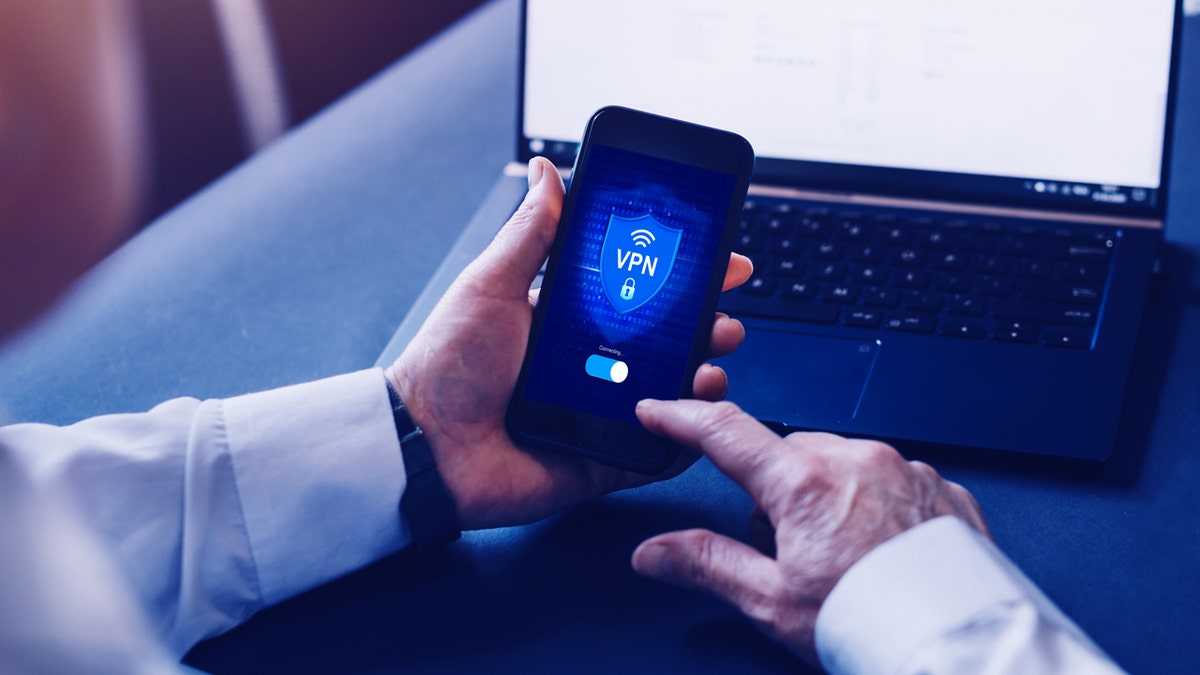Concerned about your online security while using in-flight Wi-Fi? You're right to be cautious. Public Wi-Fi networks, especially on airplanes, can be vulnerable to cyberattacks. Here's how to protect your data and devices when you're soaring through the skies.
Protecting Your Data in the Air
Hackers can exploit vulnerabilities in airplane Wi-Fi to access your devices and steal your information. VPNs, while helpful, can be unreliable during flights. Here's how to mitigate the risks:

Secure your connection while using in-flight Wi-Fi. (iStock)
Stick to HTTPS: Always ensure websites you visit use HTTPS. The "s" indicates a secure connection, encrypting data transmitted between your device and the website.
Disable AirDrop: Cybercriminals can use AirDrop to spread malware. Disable it or restrict it to contacts only while in flight.
Double-Check Wi-Fi Names: Beware of fake Wi-Fi networks mimicking the airline's legitimate network. Confirm the correct network name with airline staff.
Essential Cybersecurity Practices for Travelers
Beyond in-flight precautions, these cybersecurity practices are crucial for all travelers:
Update Devices and Apps: Before traveling, update all your devices and apps to the latest versions. These updates often contain vital security patches.
Utilize a VPN: A VPN encrypts your internet connection, adding an extra layer of security. Always activate your VPN before accessing sensitive information like online banking or email.

VPNs can be less reliable in the air, so double-check the connection status. (iStock)
Enable Two-Factor Authentication (2FA): Activate 2FA for all sensitive accounts, requiring a second verification step like a code sent to your phone.
Secure Your Devices: Install reputable antivirus and anti-malware software. Never leave your devices unattended in public places.
Use a Privacy Screen: A privacy screen for your laptop prevents visual hacking by those sitting near you.
Protect Travel Documents: Avoid posting pictures of your boarding pass or other travel documents online. These contain sensitive information that could be exploited by identity thieves.








